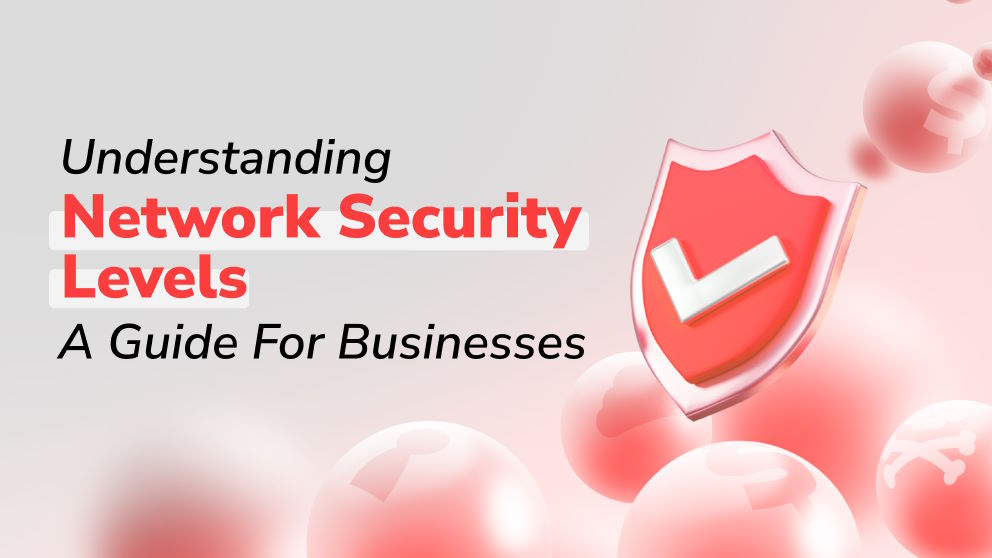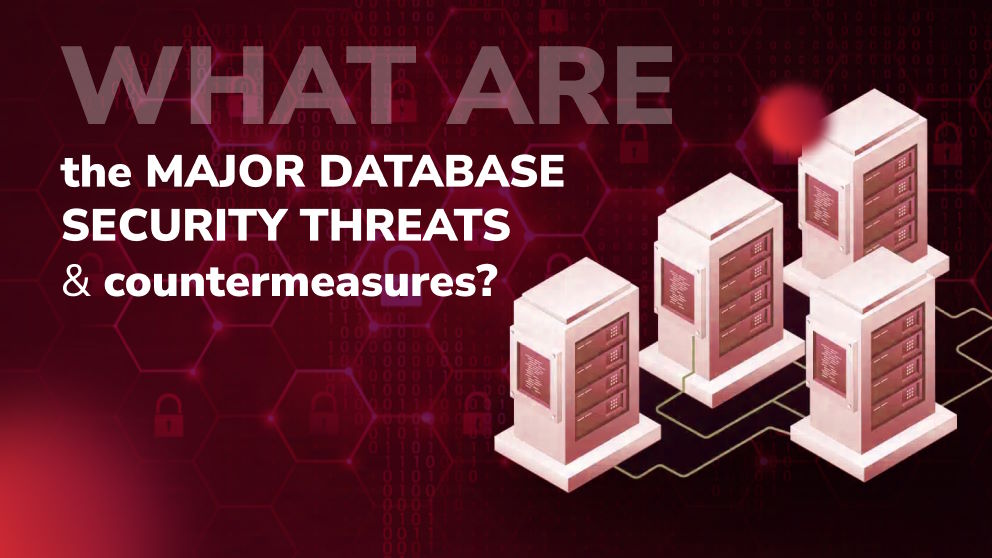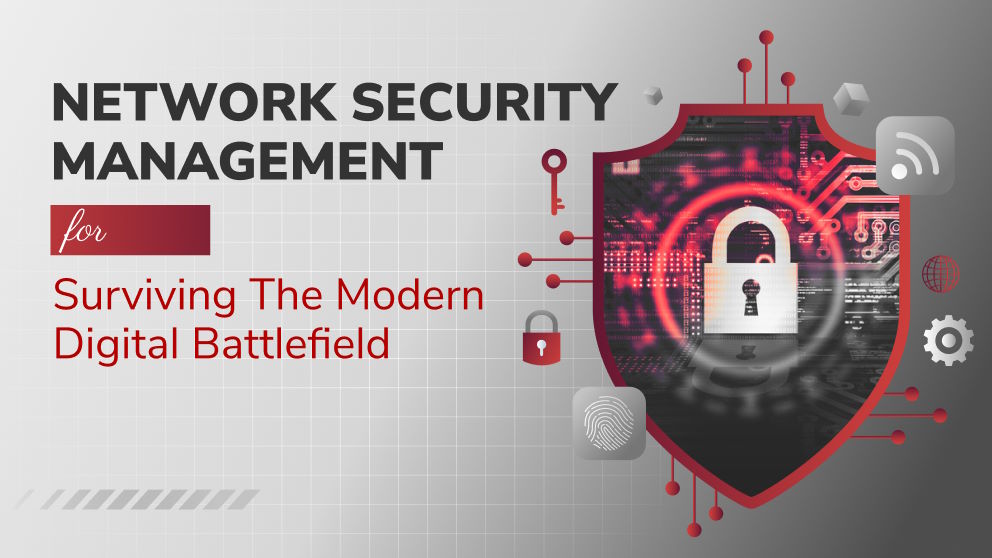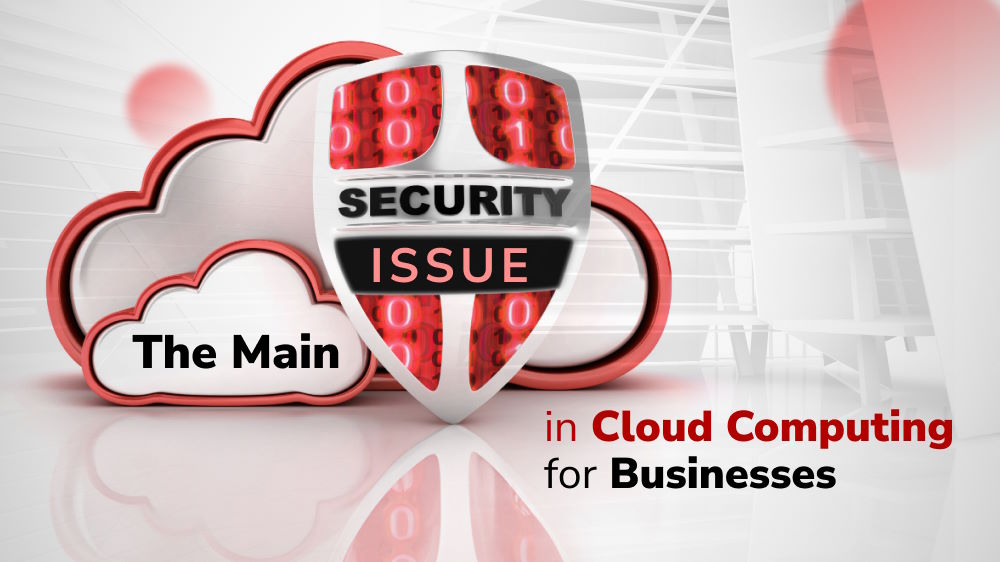
Cyber Security Certifications for Beginners: How to Start Your Career in Cybersecurity
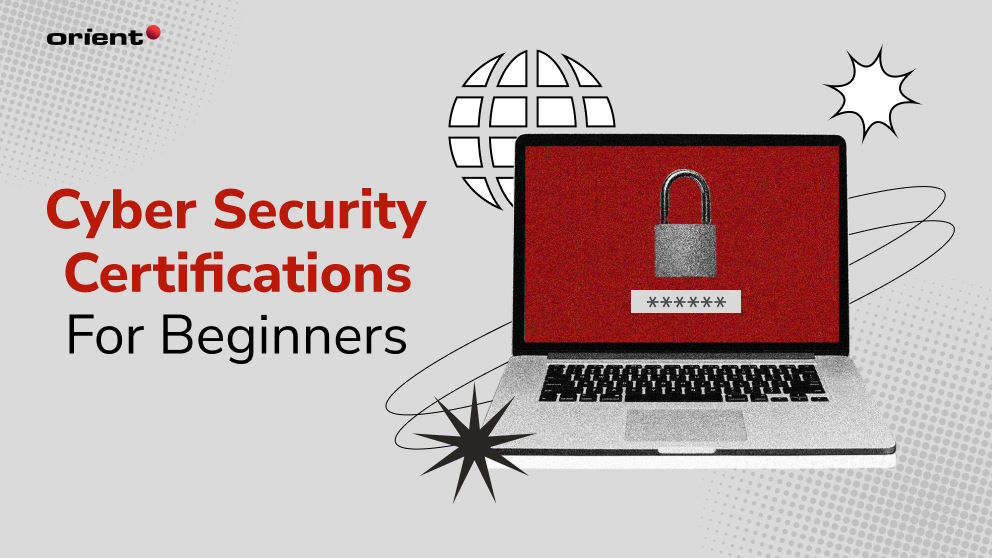
Content Map
More chaptersCybersecurity is one of the most in-demand and rewarding fields in the world today. With the increasing risks of cyberattacks, data breaches, and ransomware, there is a huge need for skilled and qualified professionals who can protect the digital assets of individuals, organizations, and governments.
But how do you start your cybersecurity career? What are the skills and qualifications you need to land your dream job in this exciting and dynamic industry? And what are the best cyber security certifications for beginners that can differentiate you from the crowd and boost your resume?
We will address these and other queries in this piece of content. We will discover the basics of cybersecurity, the different career paths and roles you can pursue, and the top cyber security certifications for beginners that can help you launch your career in cybersecurity.
Understanding the Basics of Cybersecurity Certifications
Cybersecurity certifications are credentials that validate your knowledge and skills in various aspects of cybersecurity. They can help you demonstrate your competence and credibility to potential employers, clients, and peers. They can also help you advance your career and increase your earning potential.

Popular Cybersecurity Certifications for Beginners
There are many cybersecurity certifications available for beginners who want to start or grow their career in cybersecurity. Some of the most popular ones are:
- CompTIA Security+: A foundational certification covering essential security concepts and best practices.
- Certified Ethical Hacker (CEH): Focuses on ethical hacking techniques and tools used to identify vulnerabilities.
- Systems Security Certified Practitioner (SSCP): Focuses on foundational knowledge and practical skills in areas such as access controls, cryptography, security operations, and incident response.
- Certified Information Systems Security Professional (CISSP): A globally recognized certification encompassing various domains of cybersecurity.
- Offensive Security Certified Professional (OSCP): Widely recognized within the industry and is ideal for individuals aspiring to become skilled, ethical hackers and penetration testers.
- Certified Information Security Manager (CISM): Concentrates on managing and overseeing cybersecurity programs within organizations.
- Certified Cloud Security Professional (CCSP): For beginners interested in securing cloud-based environments.
Different Certification Levels and Corresponding Skills
Cybersecurity certifications are often categorized into different levels that align with specific skill sets and expertise. These levels may include:
- Foundational/Entry-Level: These certifications establish a fundamental understanding of cybersecurity concepts and terminology. They are suitable for beginners seeking to build a solid knowledge foundation.
- Associate/Intermediate: These certifications validate a broader range of skills and knowledge in specific areas of cybersecurity, such as network security engineering or incident response.
- Expert/Advanced: Expert-level certifications are designed for professionals with extensive experience and expertise in specialized areas, such as penetration testing or digital forensics.
Certification Bodies and Organizations
Several reputable certification bodies and organizations offer recognized cybersecurity credentials. These bodies include:
- CompTIA: Known for vendor-neutral certifications like Security+ and CySA+.
- EC-Council: Offers certifications like CEH and Certified Network Defender (CND).
- (ISC)²: Known for CISSP and other certifications focused on information security management and governance. Some of the most popular (ISC)² certifications are CISSP, SSCP, and CCSP.
- ISACA: Offers certifications like CISM and Certified in Risk and Information Systems Control (CRISC).
- Cloud Security Alliance (CSA): Provides certifications like CCSP for professionals specializing in cloud security.
It’s important to research and choose certifications from reputable organizations that align with your career goals and interests. Consider factors such as industry recognition, credibility, and the specific skills and knowledge each certification validates.
Why Cybersecurity Certifications Matter
Cybersecurity certifications are not simply pieces of paper or digital badges. They are precious assets that can help you achieve your career goals and aspirations in the cybersecurity field. Here are some of the reasons why cybersecurity certifications matter:
They validate your skills and knowledge: Cybersecurity certifications validate your skills and knowledge through rigorous assessments. By earning certifications, you can demonstrate your proficiency in various cybersecurity disciplines through exams that measure your competency and effectiveness on the job.
They enhance your credibility and reputation: Cybersecurity certifications are recognized and respected by employers, clients, and peers in the industry. They show your commitment to lifelong learning and development in the field. Certifications help gain trust by proving your qualifications and strengthening your influence within an organization.
They increase your cyber security career opportunities: Pursuing cybersecurity certifications can differentiate you from competitors. Security certification distinguishes your value from others and highlights your potential to employers and partners. Certifications raise one’s chances of getting hired, promoted, or rewarded.
They expand your network and community: Cybersecurity certifications can help you connect and collaborate with other like-minded professionals who share your passion and interest in cybersecurity. By earning a cybersecurity certification, you can join a network and community of certified professionals who can provide you with support, guidance, and mentorship.
Identifying Entry-level Cybersecurity Certifications
Aspiring cybersecurity professionals often begin their journey by obtaining entry-level certifications. These certifications offer a solid foundation of needed skills and knowledge to understand the fundamentals of cybersecurity.
CompTIA Security+
CompTIA Security+ is an excellent starting point for individuals with limited cybersecurity experience. This certification covers essential security concepts, network security, cryptography, and risk management. It equips you with the knowledge needed to understand common threats and secure network environments. CompTIA Security+ does not have specific prerequisites, although having at least two years of IT administration experience is recommended.
Certified Information Systems Security Professional (CISSP) Associate
For those interested in a broader understanding of cybersecurity domains, the CISSP Associate certification is a valuable choice. While the full CISSP certification requires professional experience, the CISSP Associate offers an entry-level option for beginners. It covers access control systems, cryptography, security operations, and risk management.
Certified Ethical Hacker (CEH)
The CEH certification focuses on ethical hacking techniques used to identify vulnerabilities and secure systems. It covers areas such as footprinting, network scanning, system hacking, and ethical hacking methodologies. CEH is an entry-level certification that doesn’t have specific prerequisites, making it accessible to beginners. Having a basic understanding of security concepts and networking is recommended for success in this certification.
Preparing for Certification Exam
Exam Structure and Format of Cybersecurity Certifications
Before diving into exam preparation, it’s important to understand the structure and format of cybersecurity certification exams. While specific details may vary across certifications, most exams share common characteristics. These may include:
- Multiple-Choice Questions (MCQs): These questions present you with multiple answer options, and you must choose the correct one.
- Scenario-Based Questions: Some certification exams include scenario-based questions that require you to analyze real-world situations and determine the appropriate security measures or solutions.
- Hands-On Labs or Simulations: Advanced certifications may incorporate hands-on labs or simulations that test your ability to configure, troubleshoot, or secure specific systems or networks.
Tips for Exam Preparation and Study Techniques
Preparing for certification exams requires a structured approach and effective study techniques. Here are some exam preparation suggestions to help you succeed:
- Establish a Study Plan: Create a study plan that defines the subjects you need to cover and allots time to each. To minimize overload and to maintain constant development, divide your study sessions into digestible parts.
- Utilize Different Learning Resources: Incorporate a variety of learning resources into your study routine. These may include textbooks, online courses, video tutorials, and interactive labs. Engaging with different formats helps reinforce concepts and cater to different learning styles.
- Practice with Sample Questions: Seek out practice exams and sample questions specific to your certification. These resources simulate the exam experience and allow you to assess your knowledge and identify areas for improvement. Pay particular attention to the reasons behind the correct or mistaken responses.
- Hands-on Experience: Whenever possible, engage in hands-on practical exercises. Applying theoretical concepts in a real-world context strengthens your understanding and helps you develop problem-solving skills.
Resources for Exam Preparation
- Official Study Guides: Certification authorities often provide official study guides that align with the exam objectives. These guides offer comprehensive coverage of the topics, provide in-depth explanations, and may include practice questions to reinforce your learning.
- Practice Exams and Question Banks: Access practice exams or question banks specifically tailored for the certification you are pursuing. These resources allow you to assess your knowledge, identify areas for improvement, and become familiar with the question format and time constraints.
- Training Courses and Bootcamps: Consider enrolling in training courses or boot camps offered by reputable organizations. These programs provide structured learning paths, expert guidance, hands-on labs, and opportunities for interaction with instructors and peers. They can help you gain comprehensive knowledge and boost your confidence for the exam.
- Online Communities and Forums: Engage in online communities and forums dedicated to the specific certification or Microsoft security solutions. These platforms allow you to connect with like-minded individuals, share study tips, ask questions, and gain insights from those who have already achieved the certification.
Remember, effective exam preparation requires a balance of theoretical understanding and practical application. Allocate ample time for review and practice to solidify your knowledge and increase your confidence going into the exam.
Landing Your First Cybersecurity Job
Are you ready to take the next step in starting or advancing your cybersecurity career but unsure of where to turn? Orient Software can help you get on the right path.
Orient Software is a leading software development company that offers a range of cybersecurity services and solutions to clients across various industries. We have a network security engineer team who can provide you with mentorship, training, and support.
Orient Software also has a culture of innovation, collaboration, and excellence, where you can grow and thrive as a cybersecurity professional. To learn more about Orient Software cybersecurity area and the chances we offer, visit our website or contact us today.



